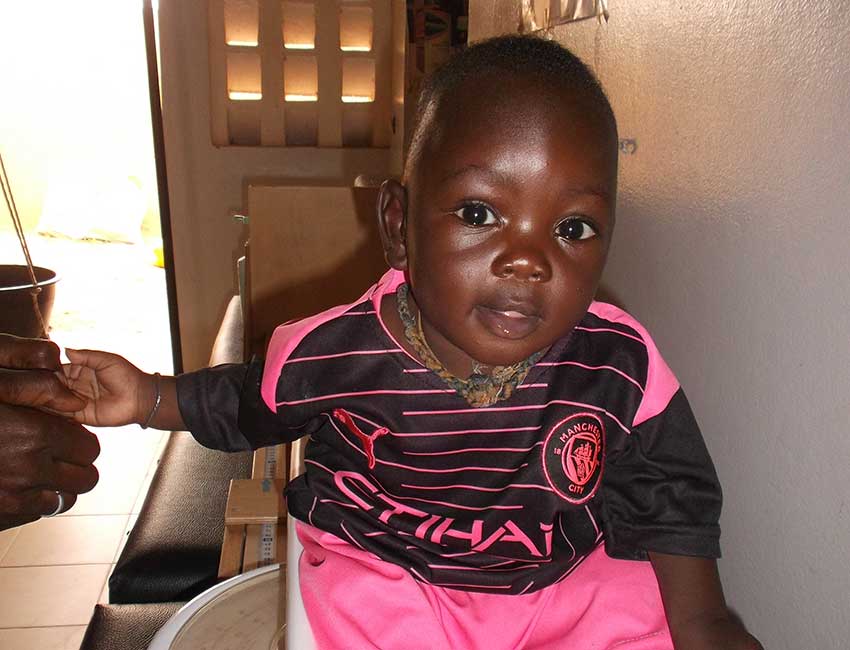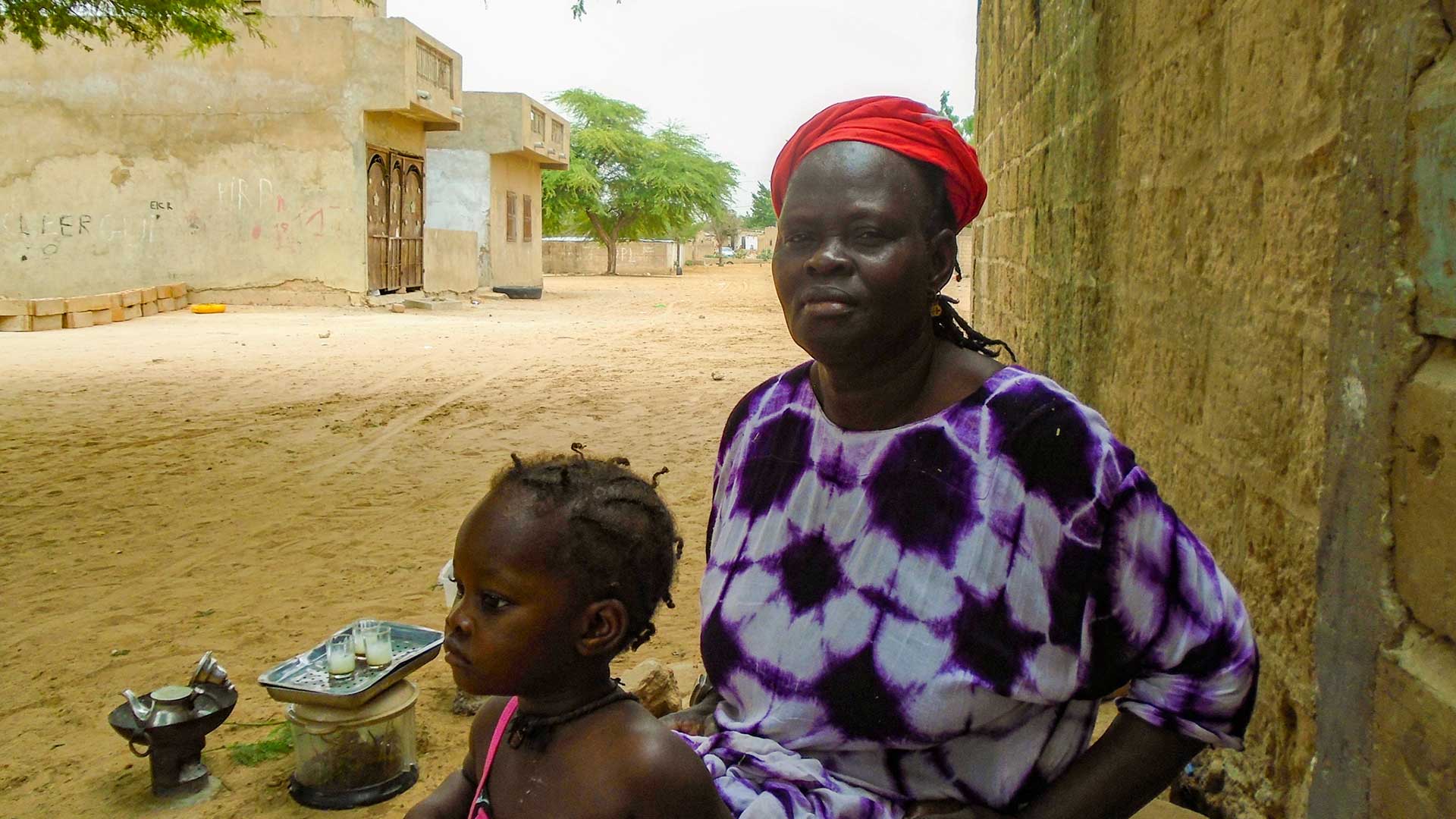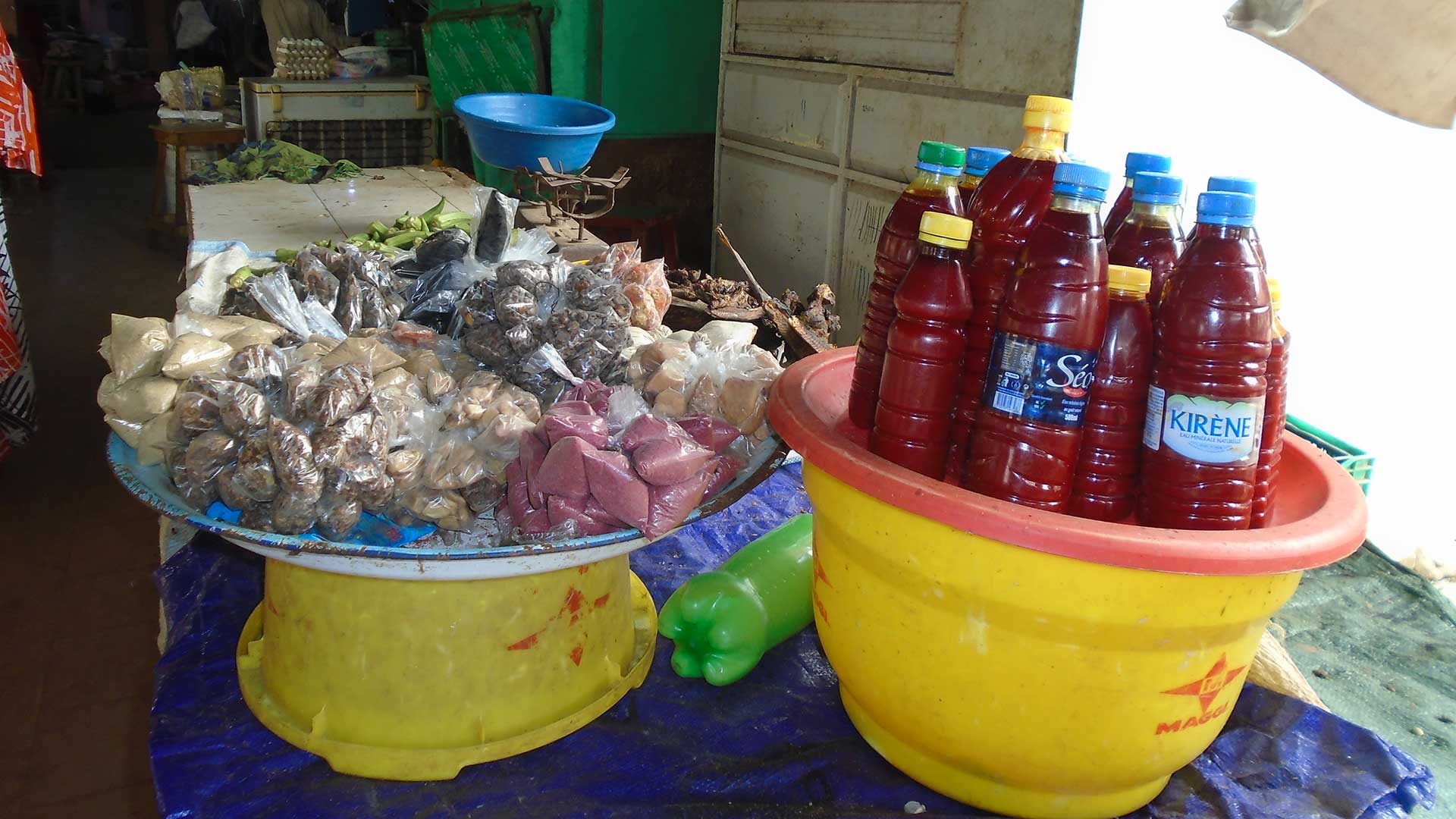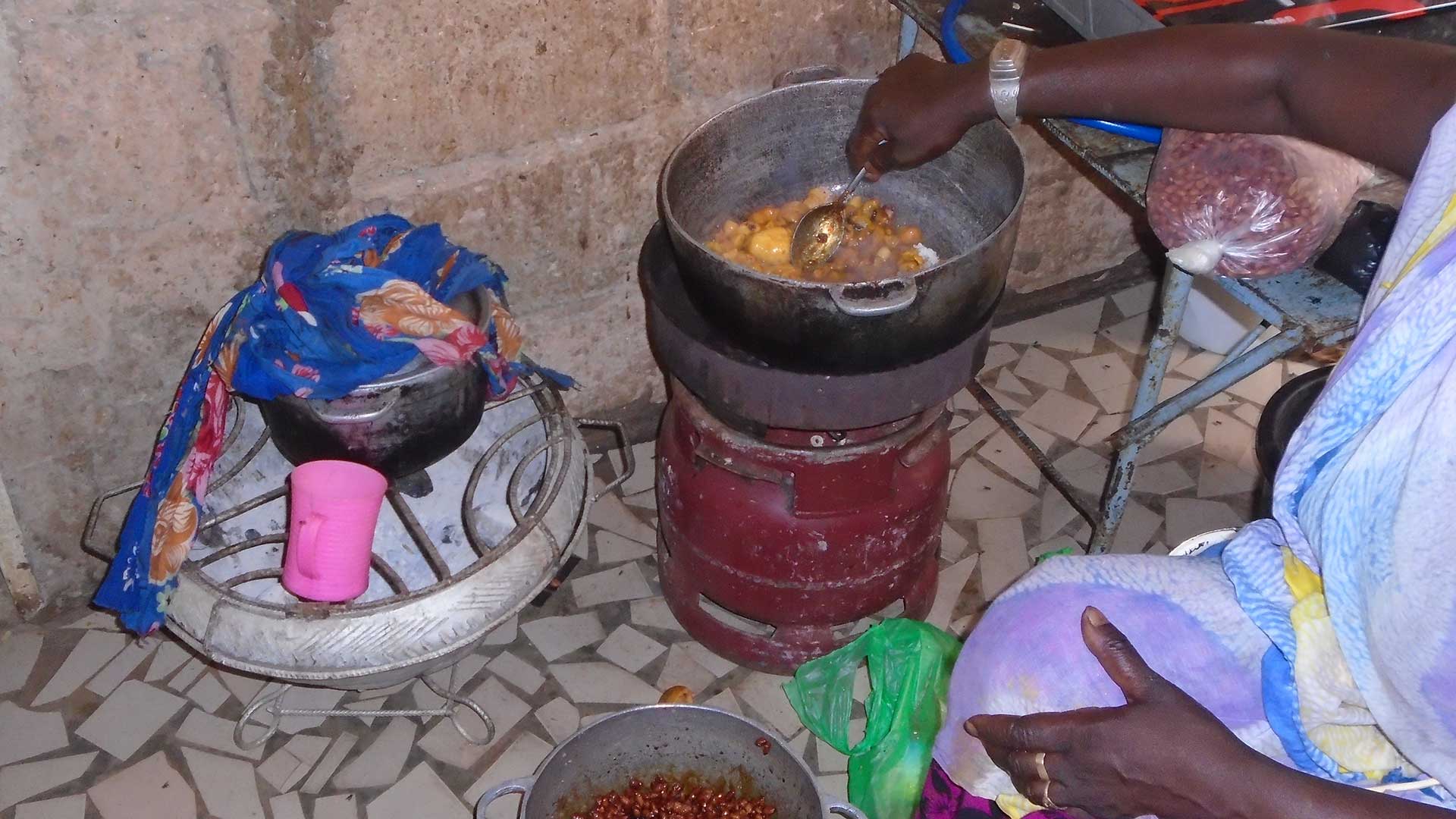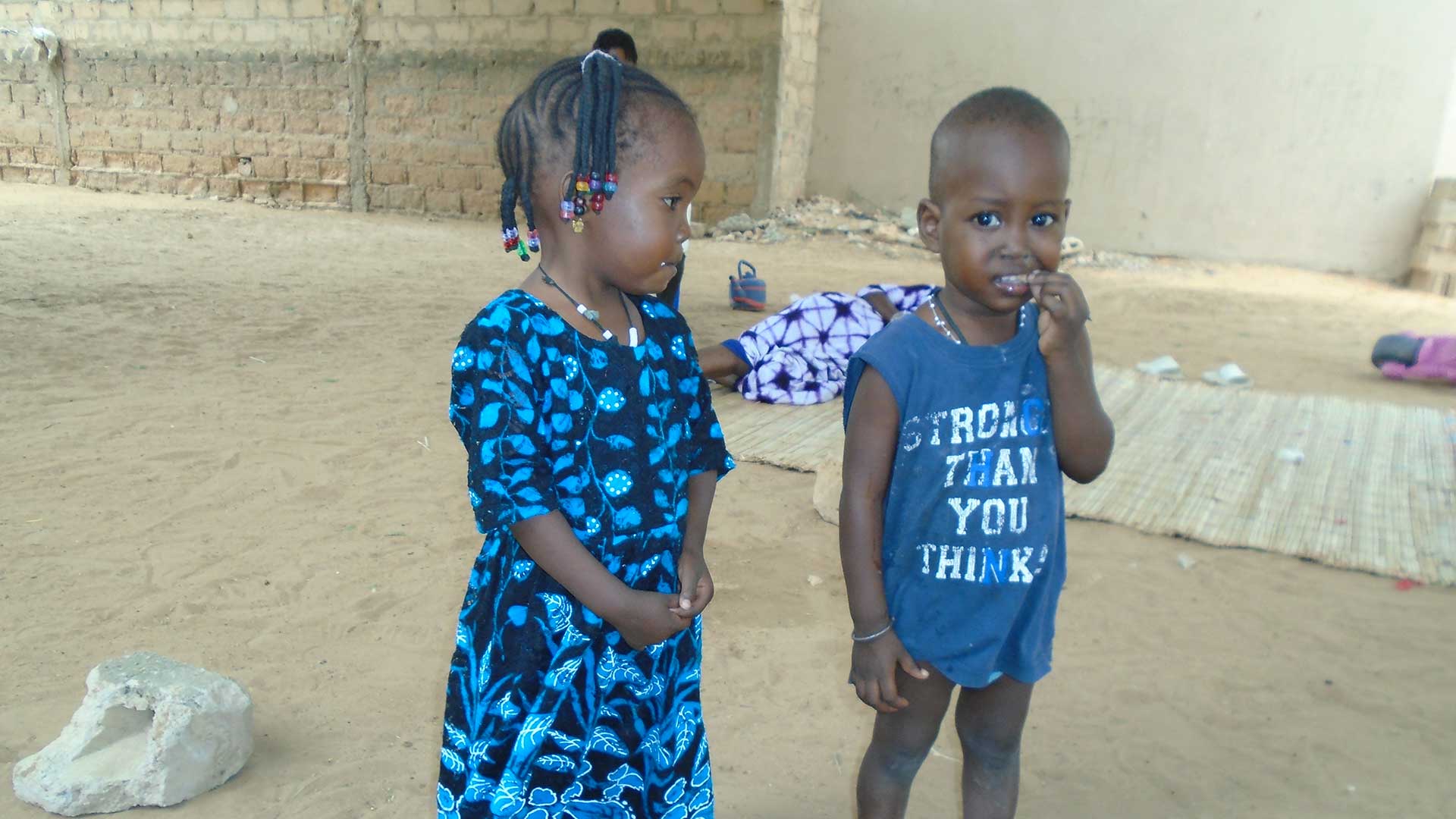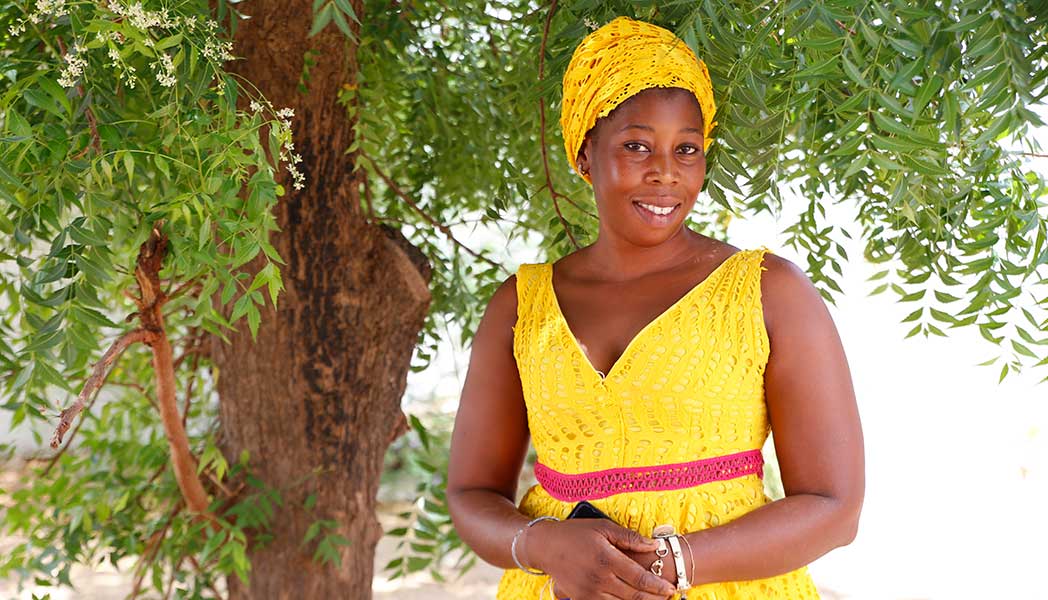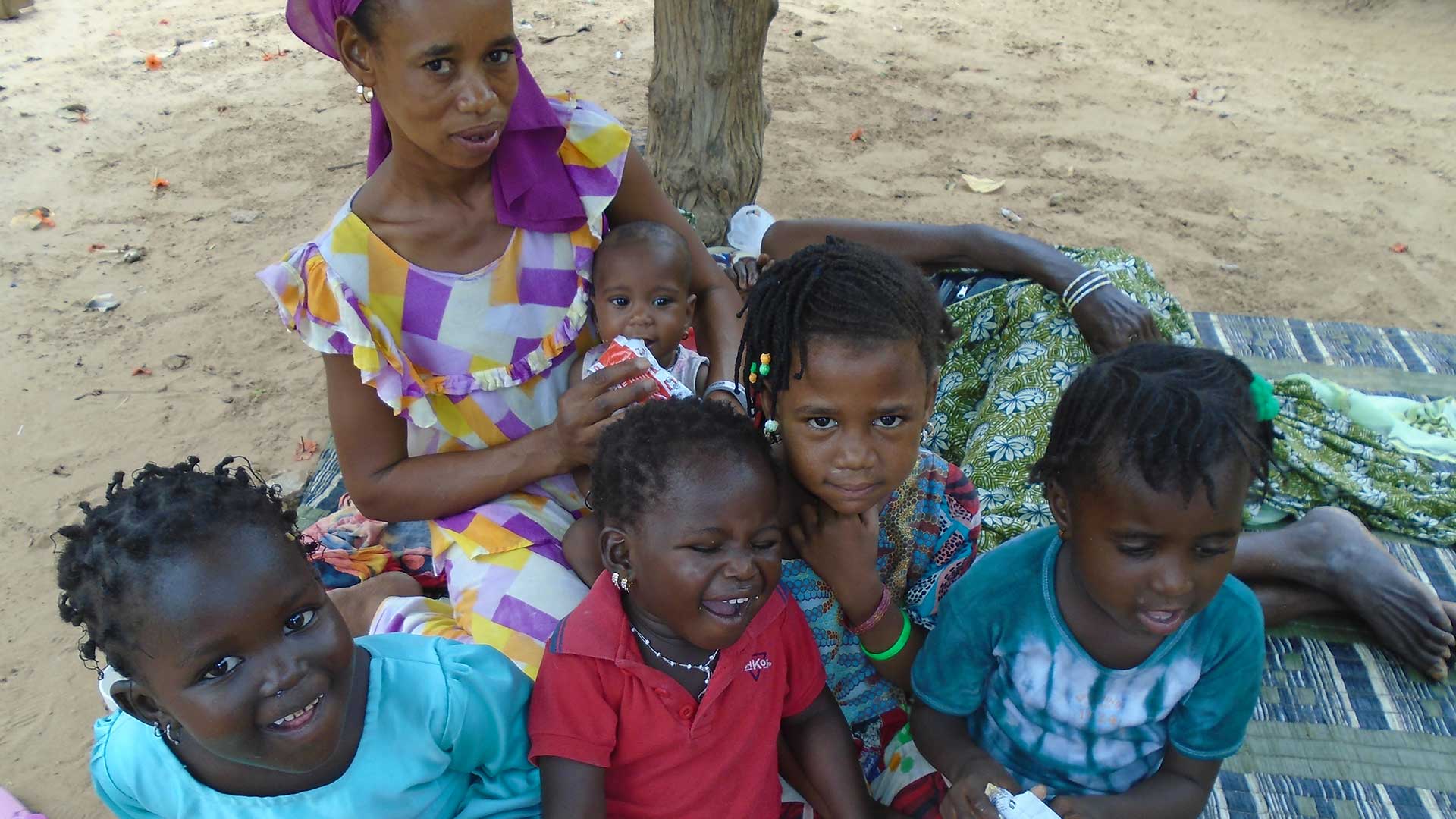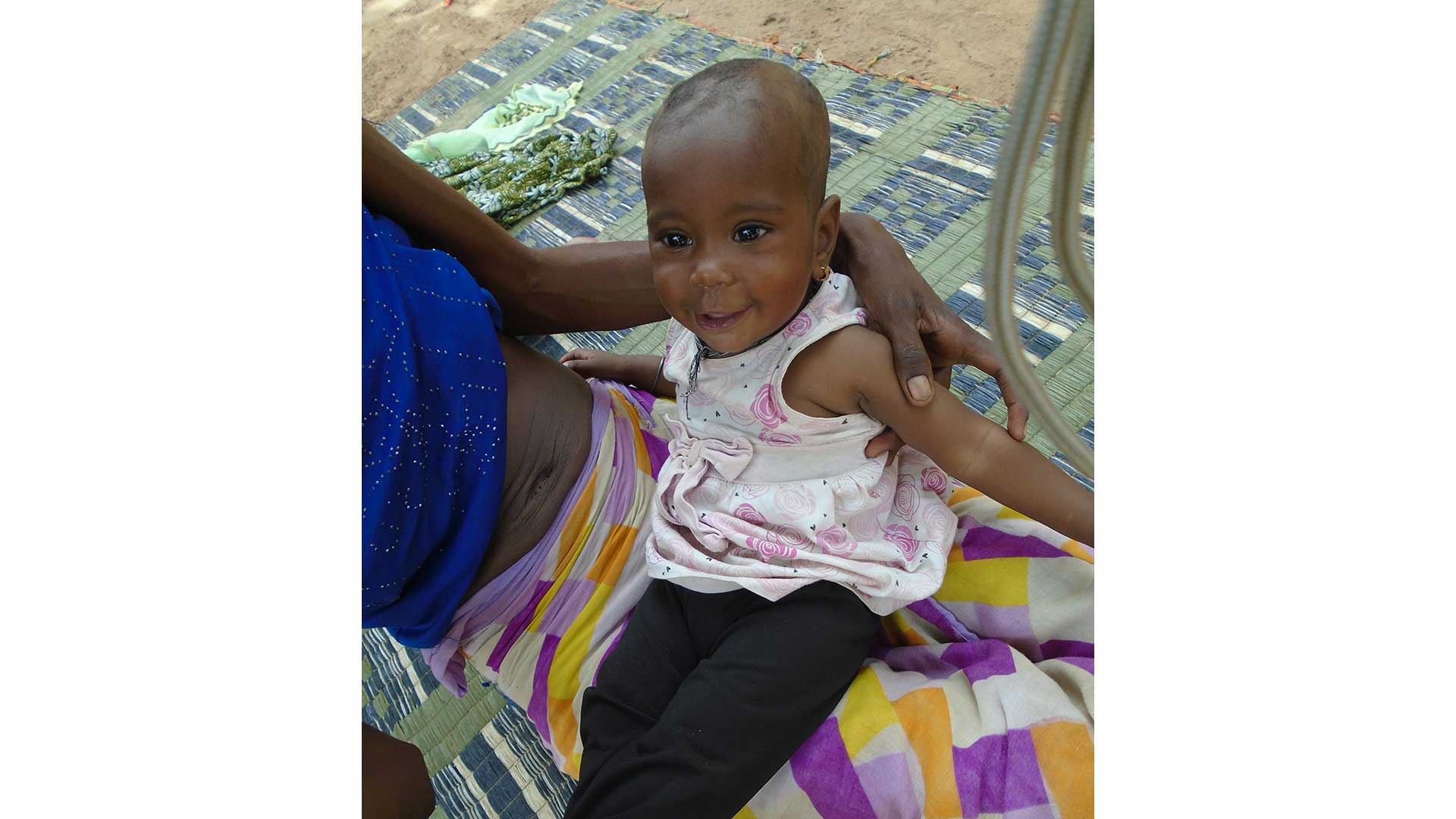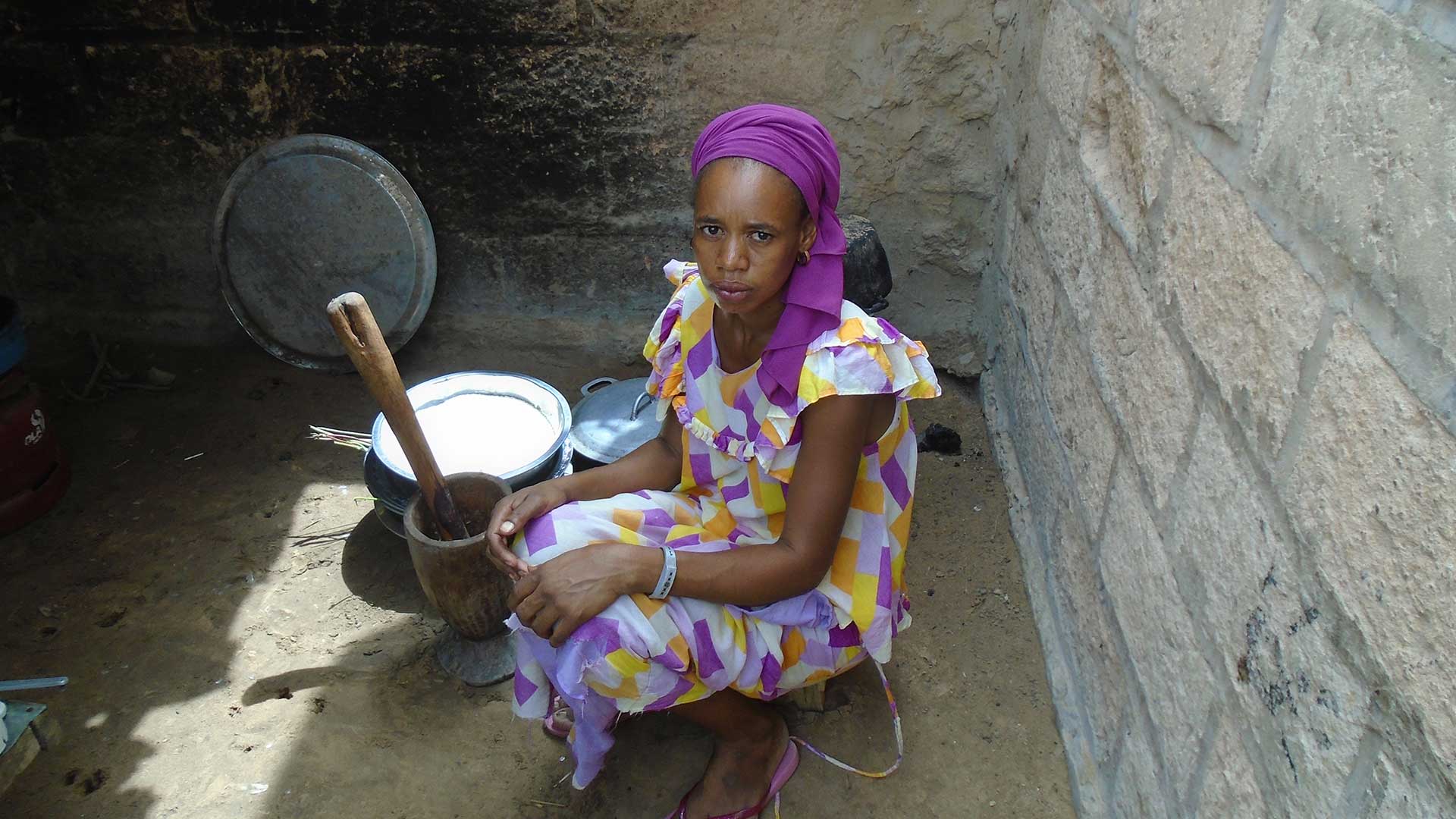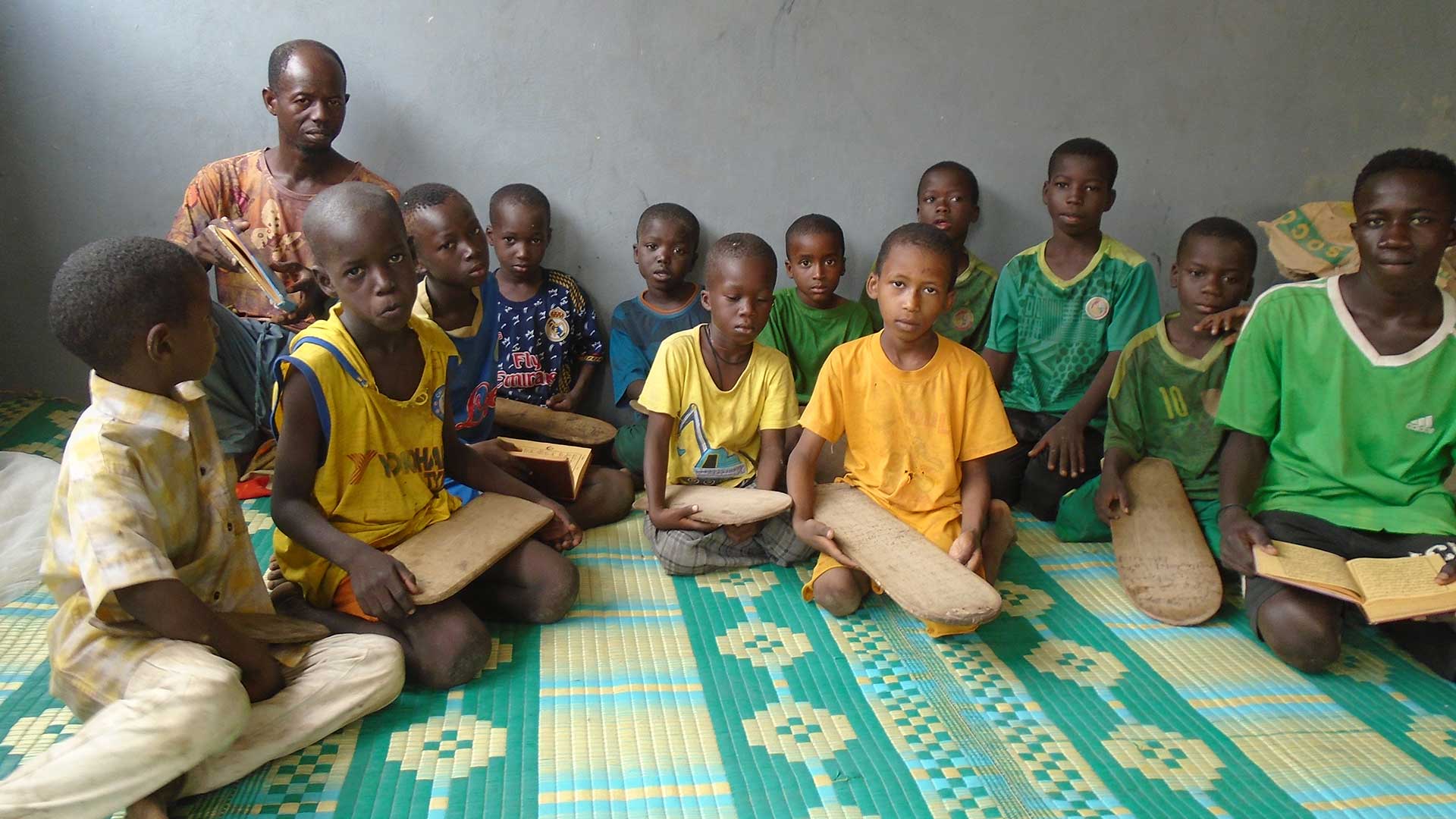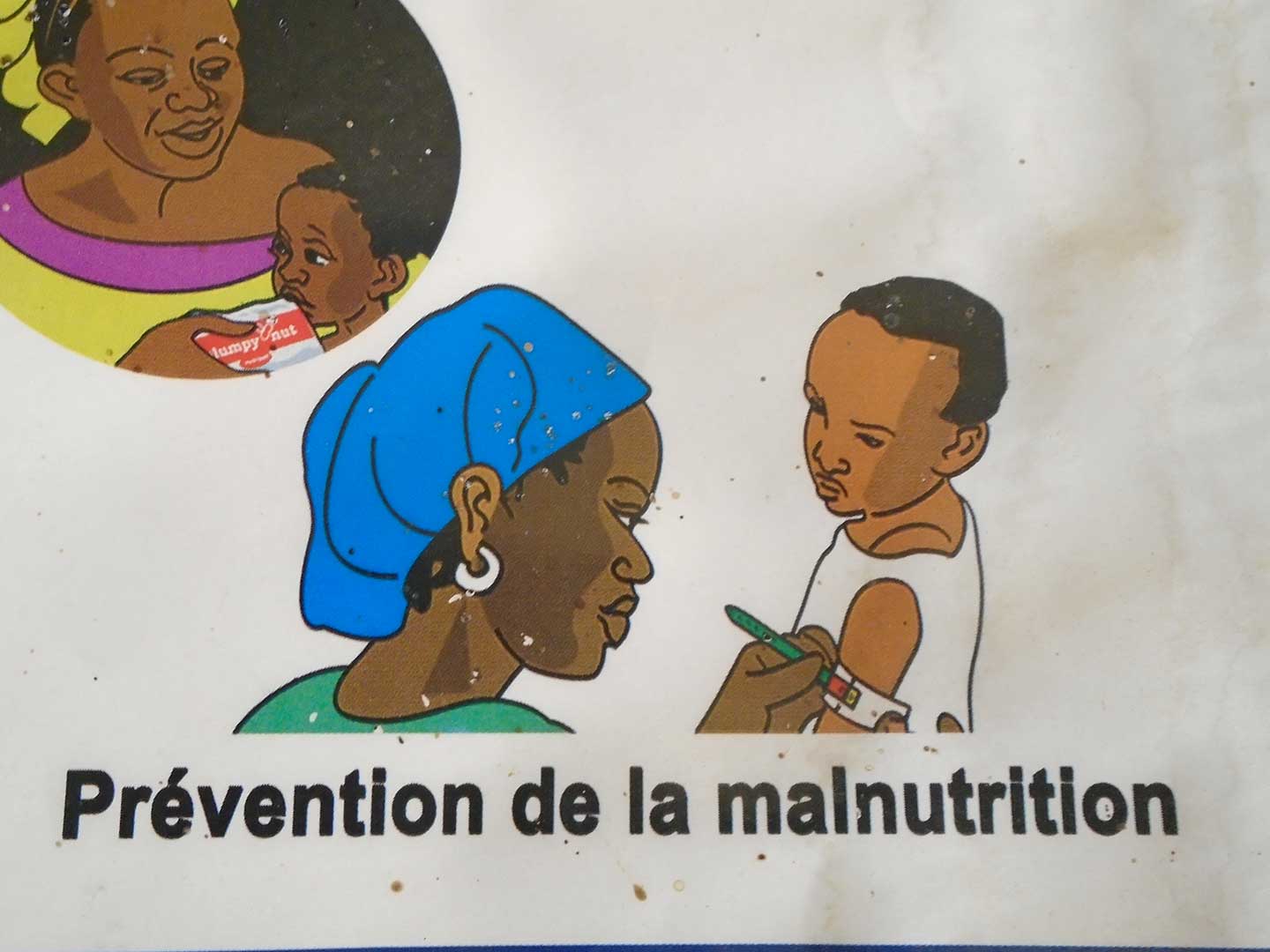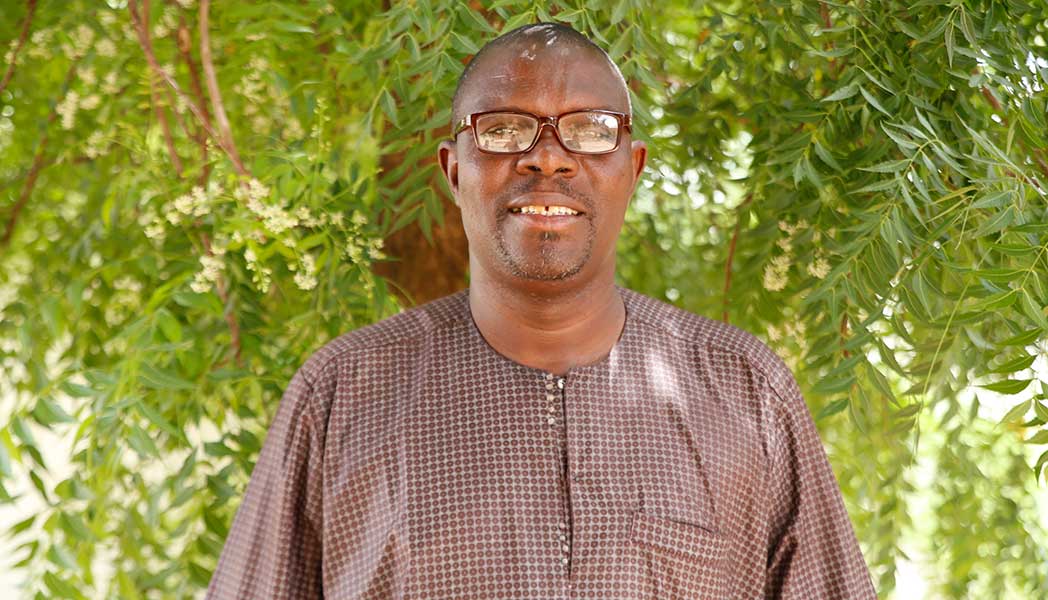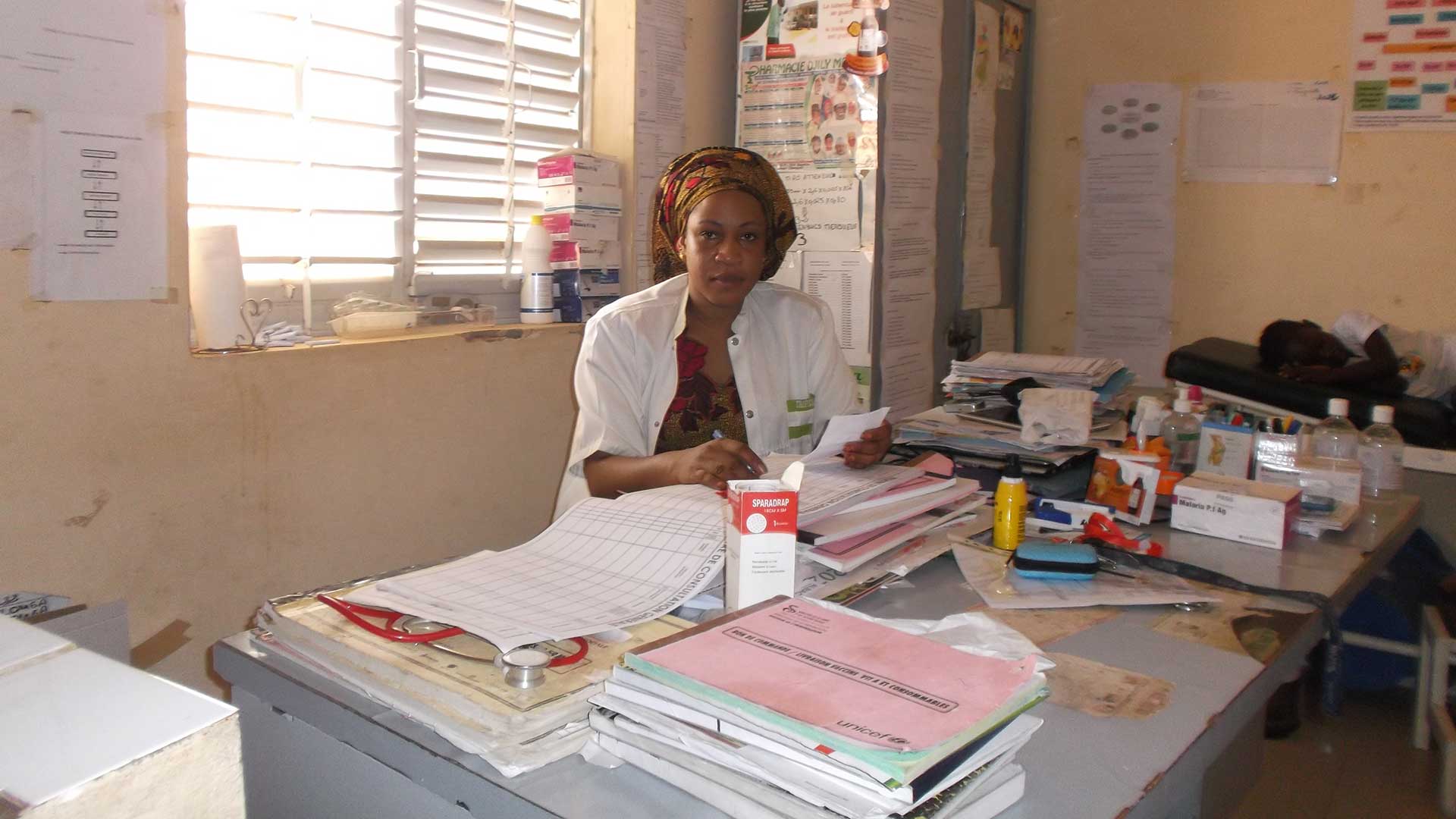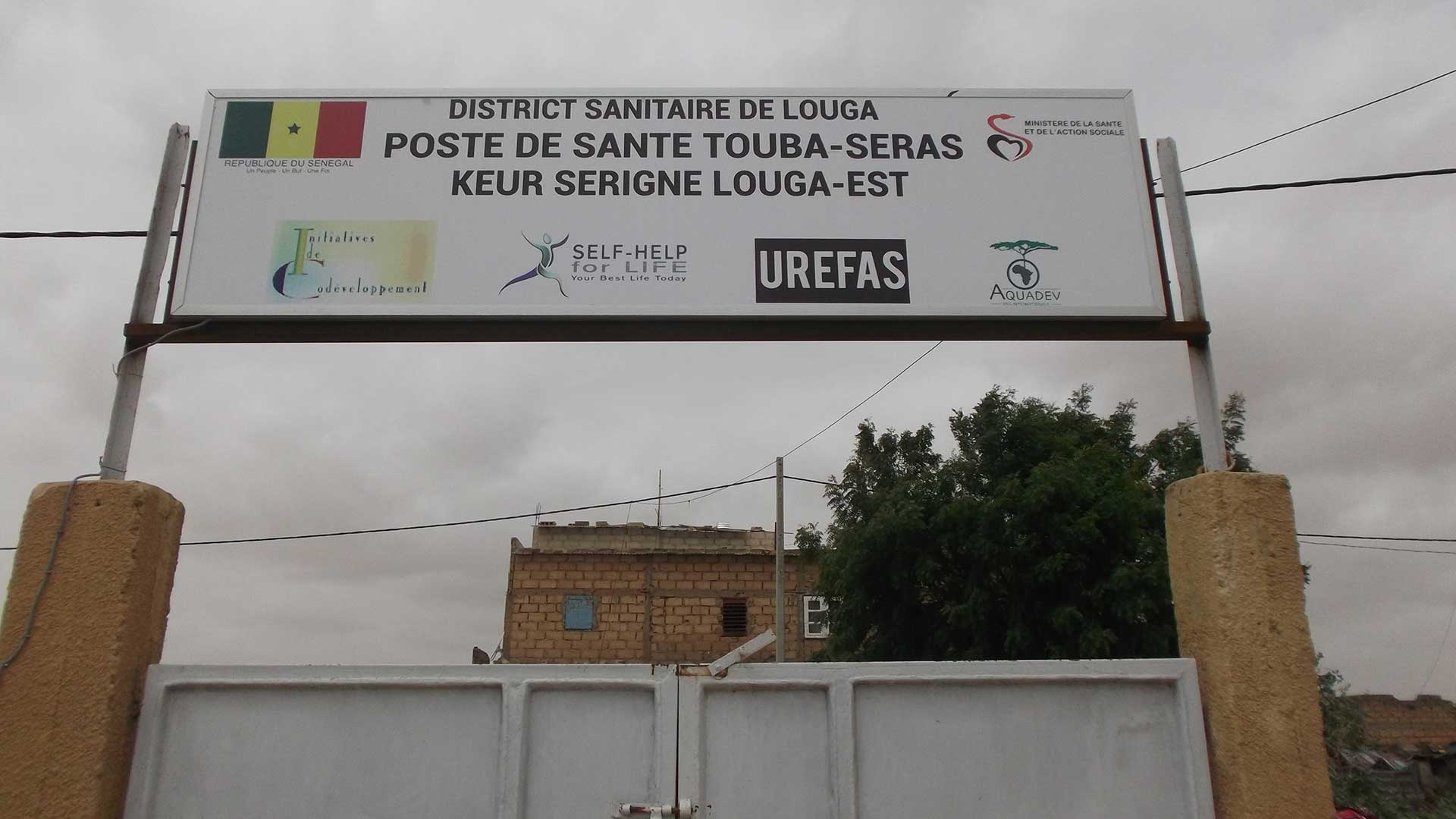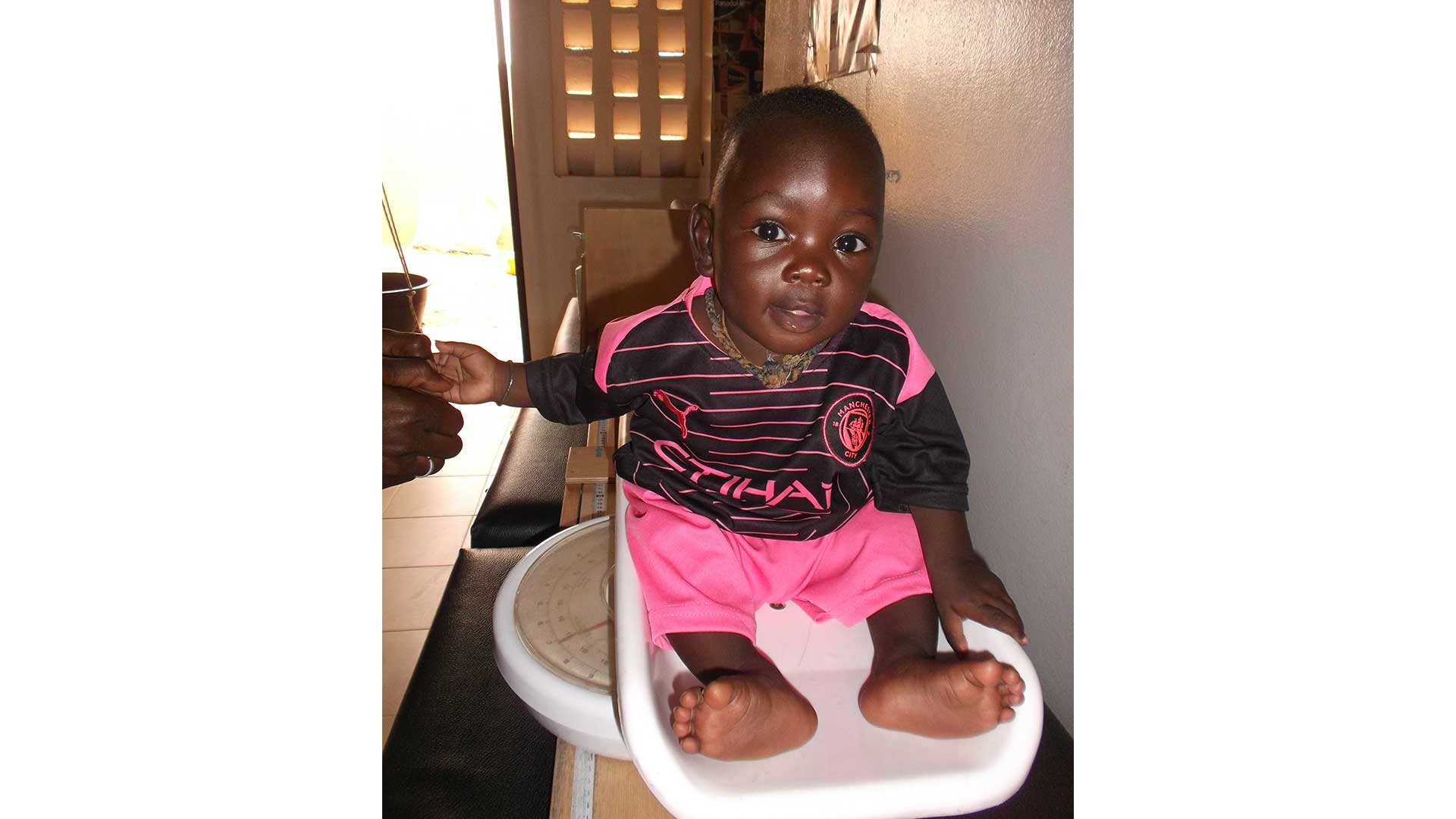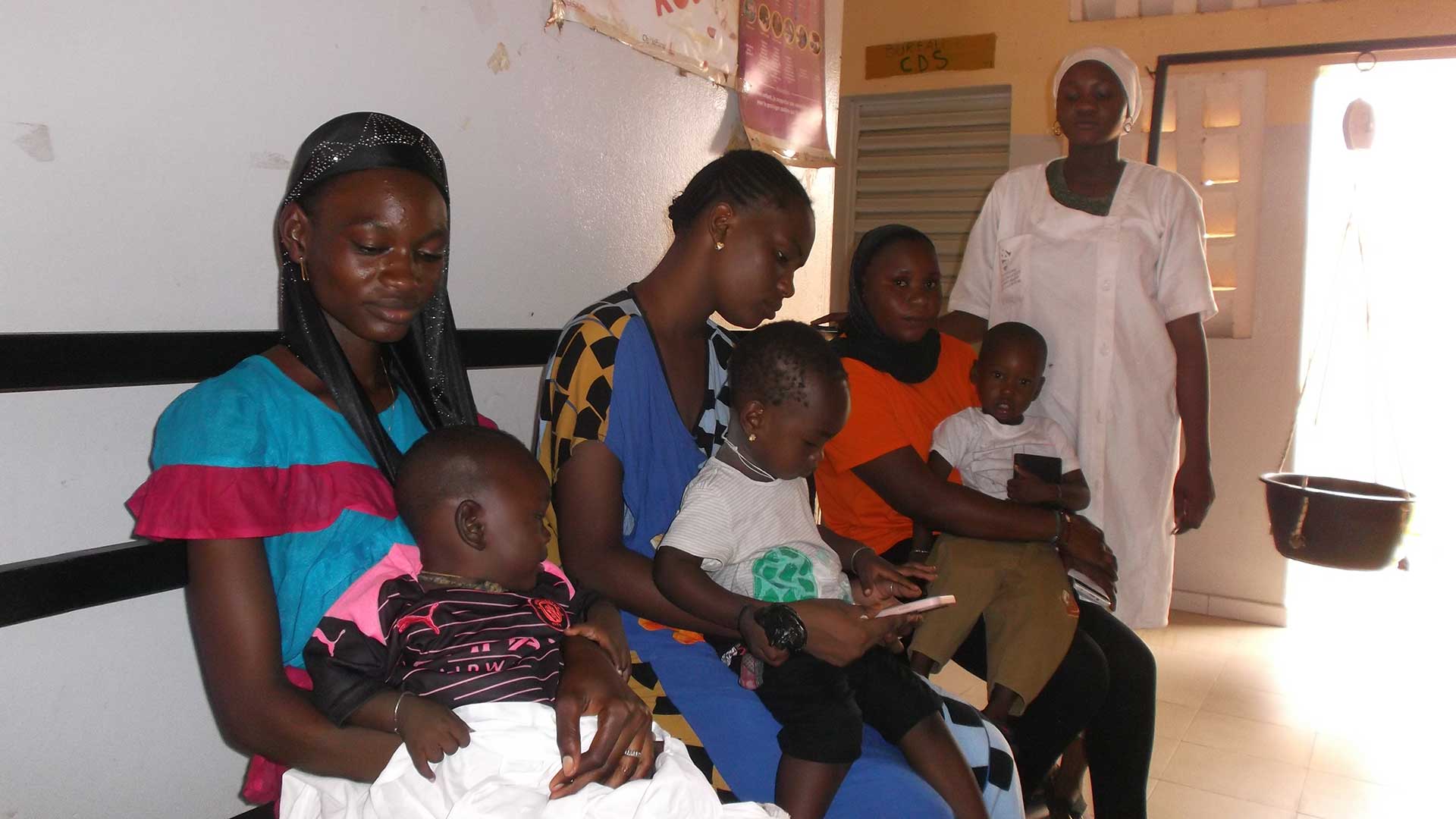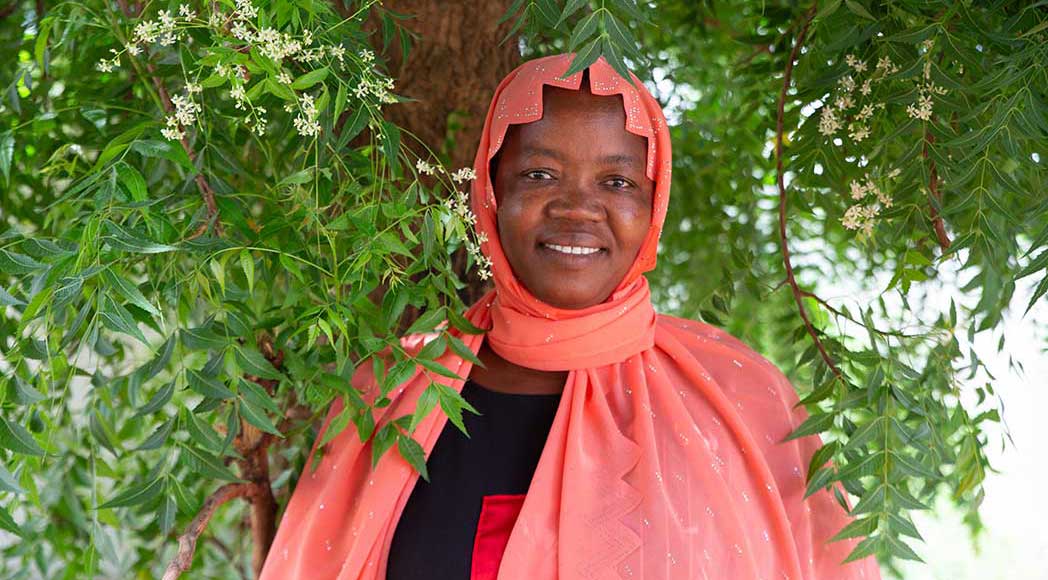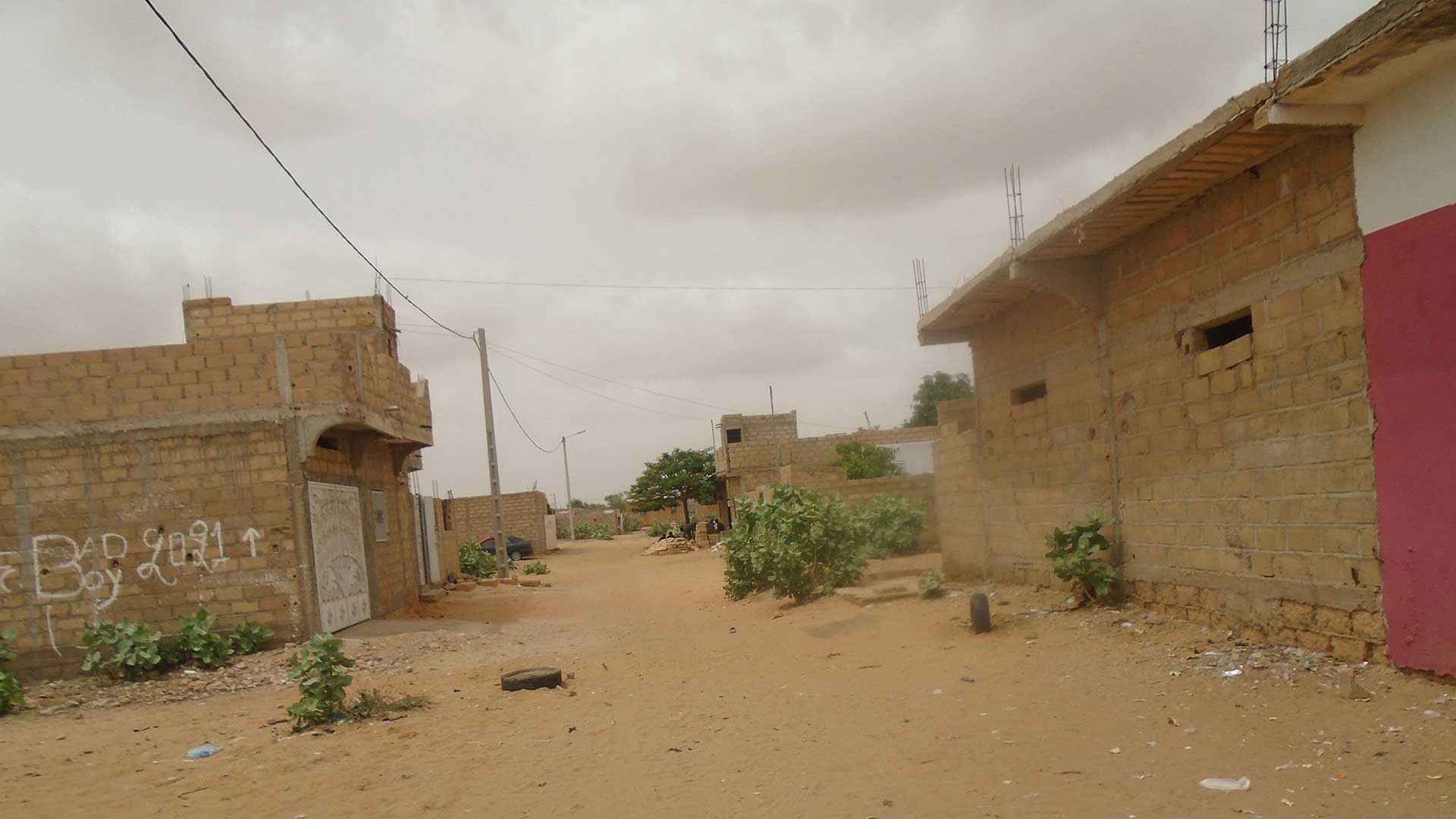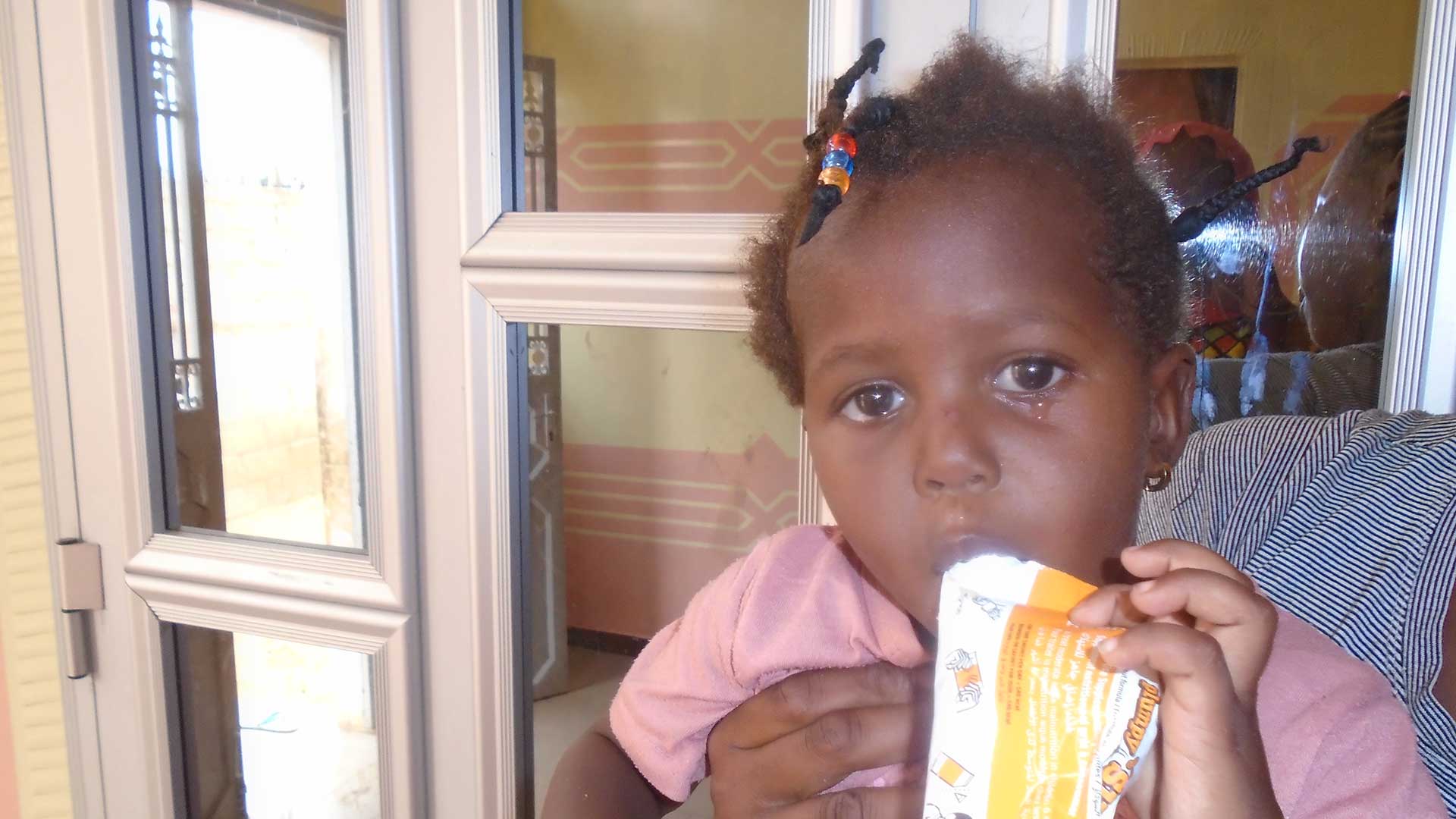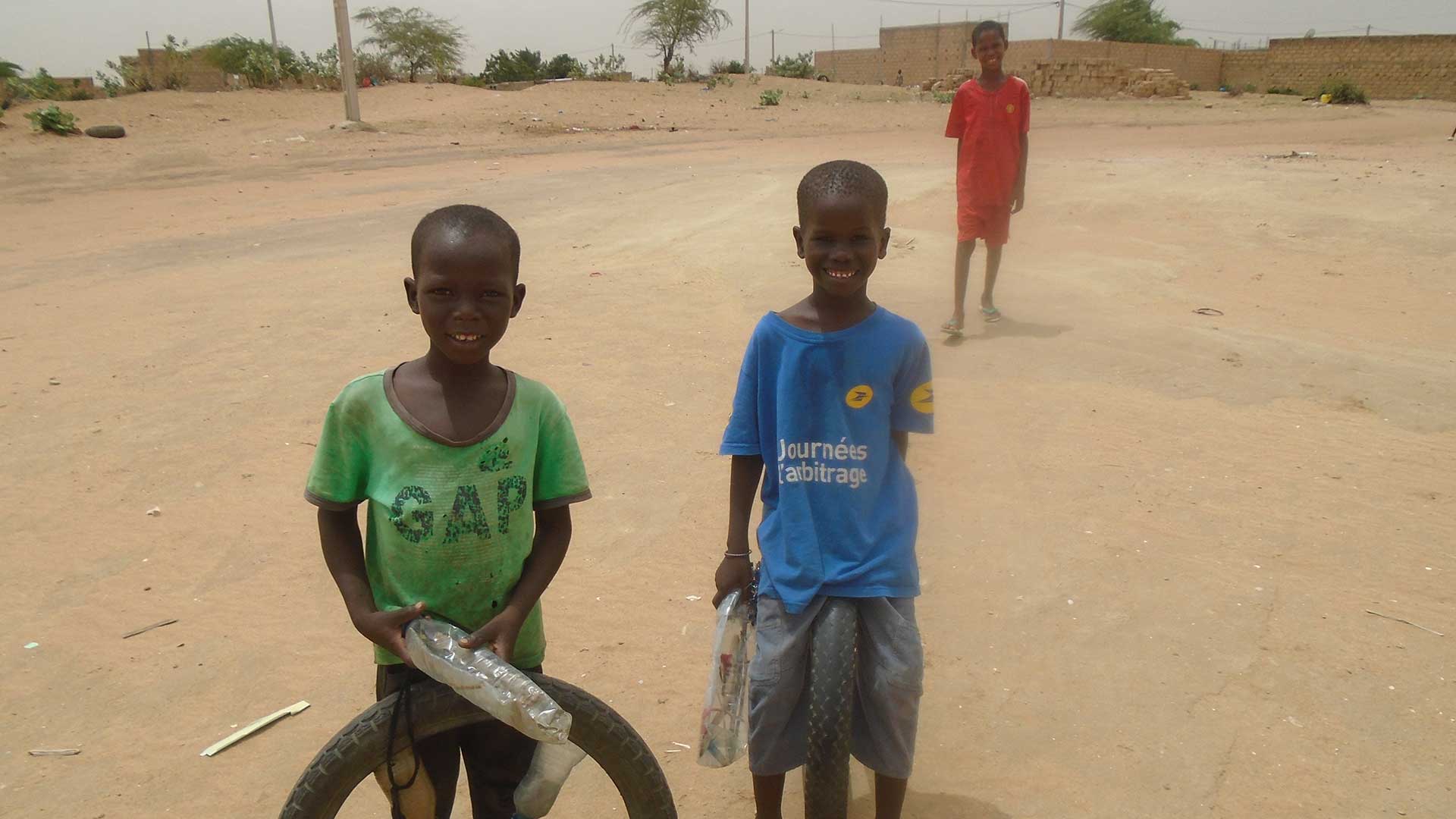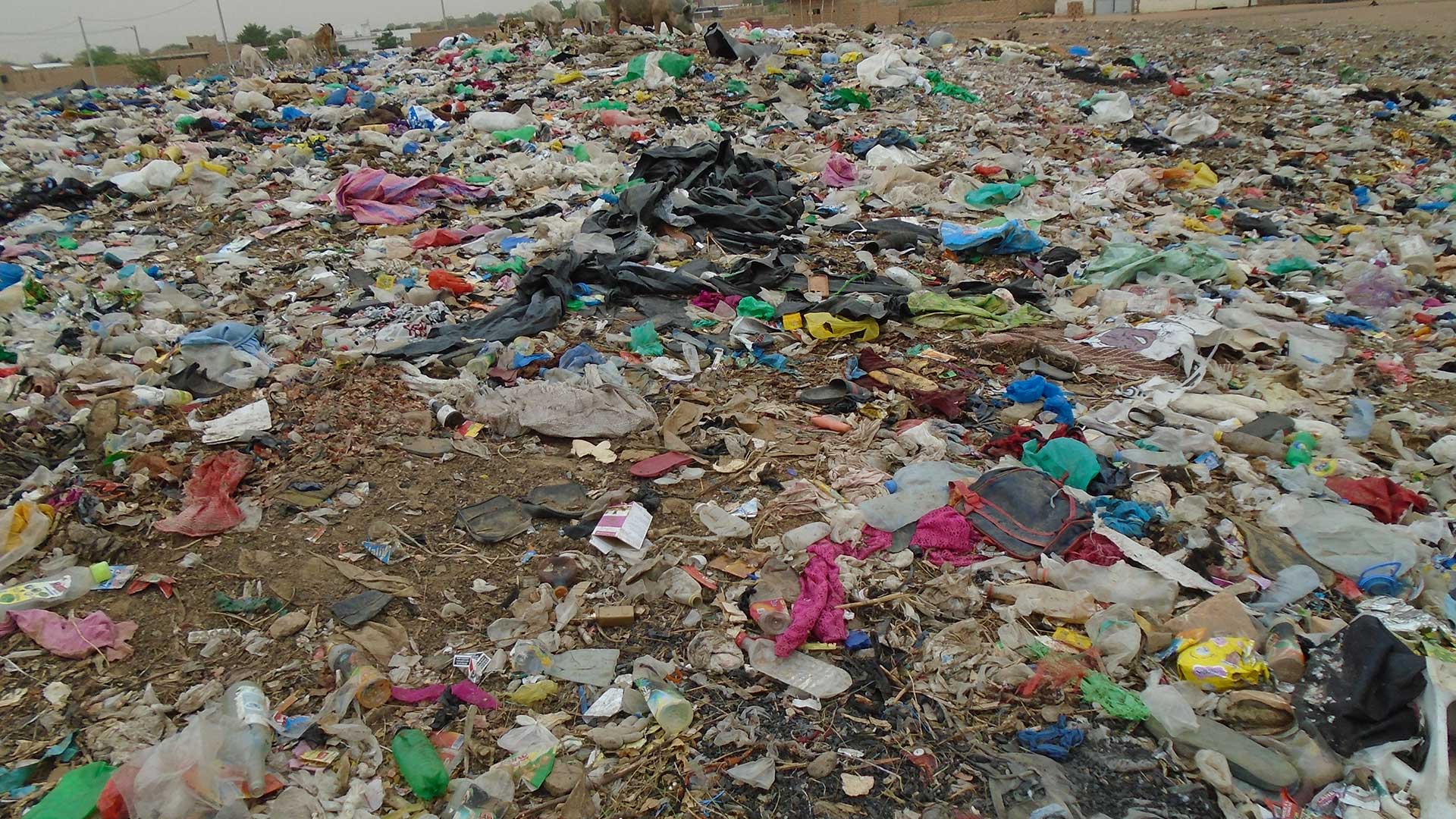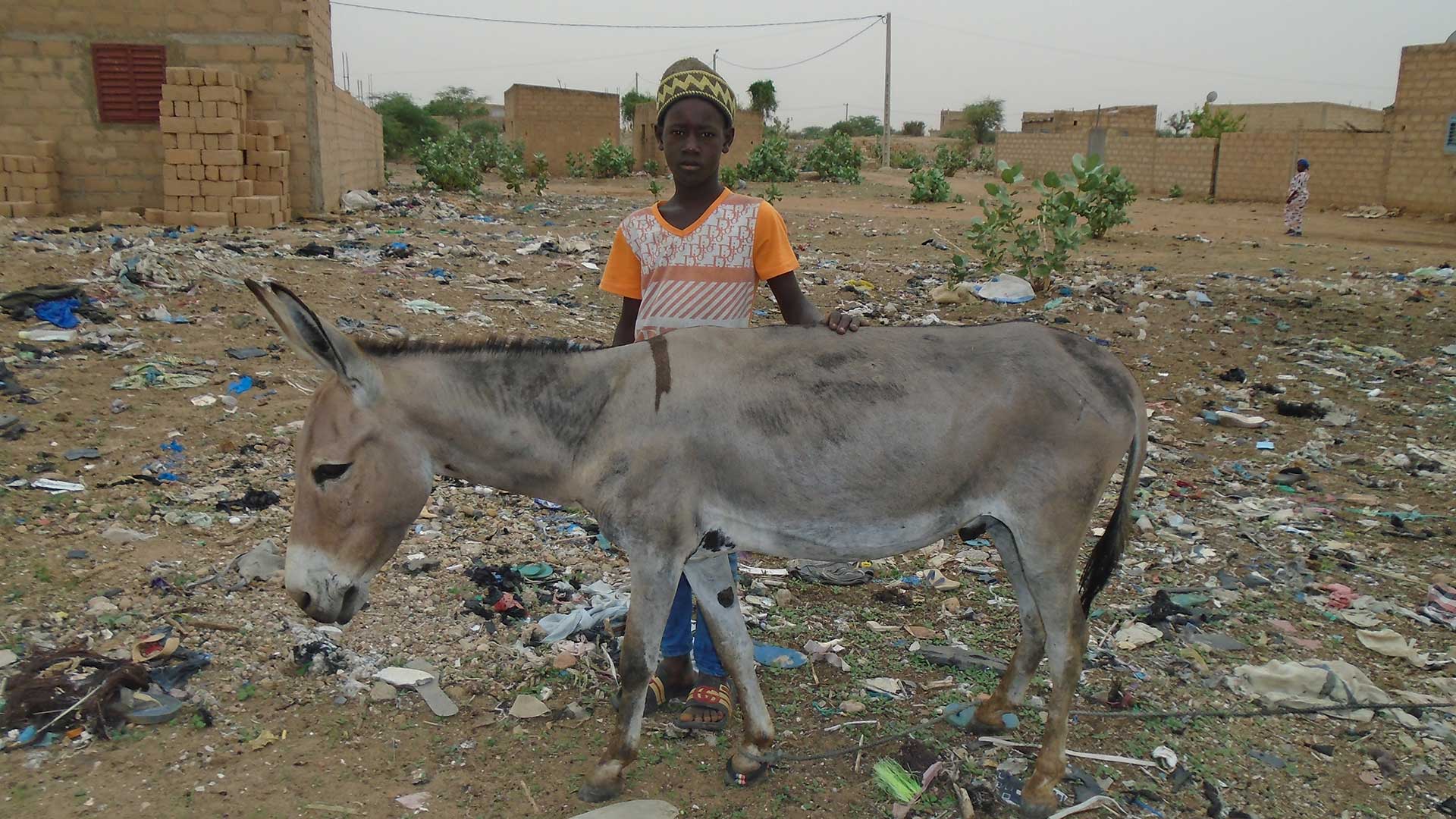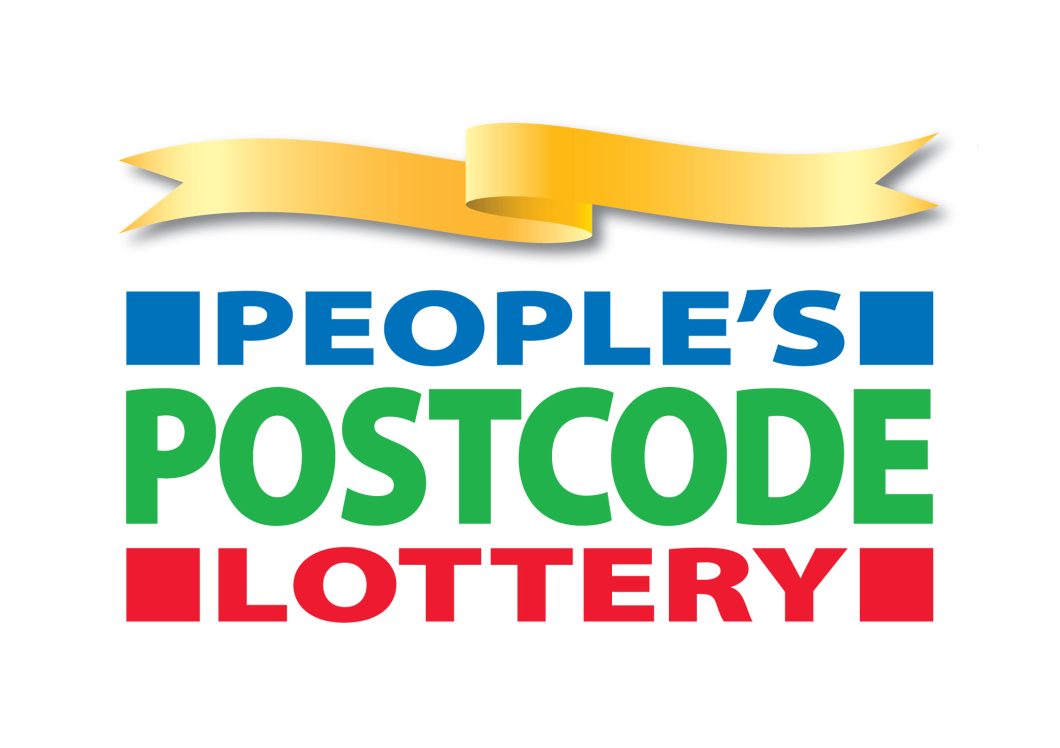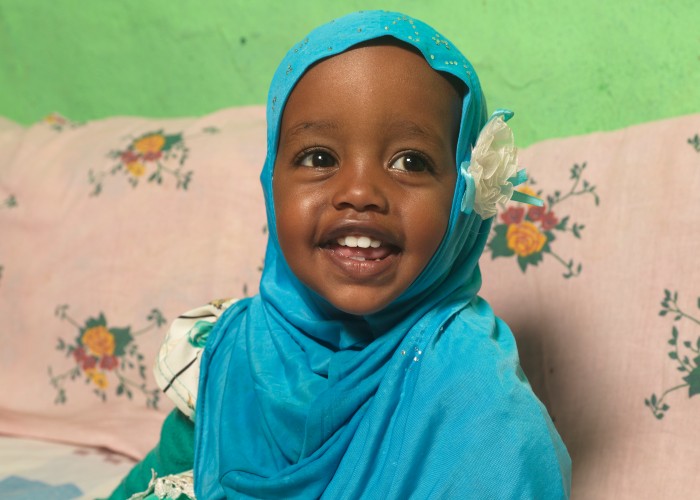We’re seeing levels of hunger on a scale never seen before. We wanted to document this through the voices of a community we work with in Senegal, so we organised a participatory photography project, thanks to the support of players of People’s Postcode Lottery.
Each community member shown in the portraits was given the chance to paint a picture of what hunger means to them. The stories told are from a community that has never had the chance to tell their story before.
Where droughts ruin farmland. Where the closure of the town’s only trainline means there are fewer job opportunities. And where mothers give birth to malnourished children without the family planning or awareness around nutrition to allow them to thrive.
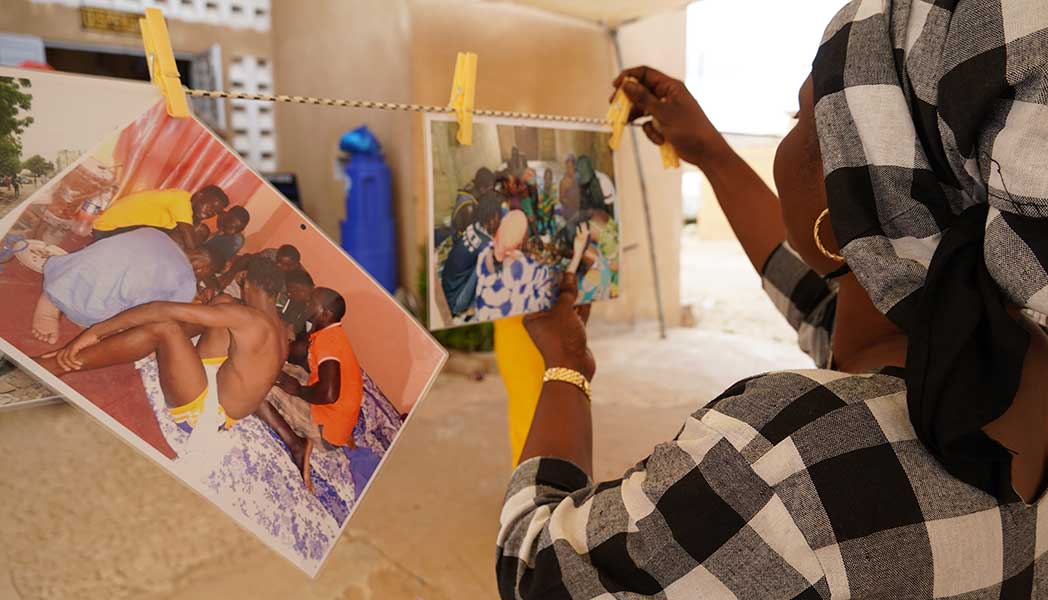
The accounts also show a community supporting each other and finding solutions to the challenges they face. This includes female healthcare workers who spot the signs of malnutrition before it’s too late, women’s cooperatives preparing nutritious cereal products, and grandmothers supporting entire families.
The village that harvests rubbish
The project took place in a village called Touba Séras. It’s a small community of around 4,000 people located on the outskirts of Louga, a cattle market centre in northwestern Senegal. Established as an informal settlement in the 1990s, it’s now a recognised village with schools and a health centre at its very heart.
The climate in Touba Séras is unforgiving. Rains are few and far between and becoming increasingly unreliable. The heat is oppressive and the winds are dry. The soil is little more than sand and dust, and very little grows except for the poisonous Apple of Sodom.
There’s no grass for livestock to graze, so people must buy straw to feed their horses and goats. Growing cereals or vegetables is virtually impossible, and the few lemon and mango trees that grow among the houses don’t produce much.
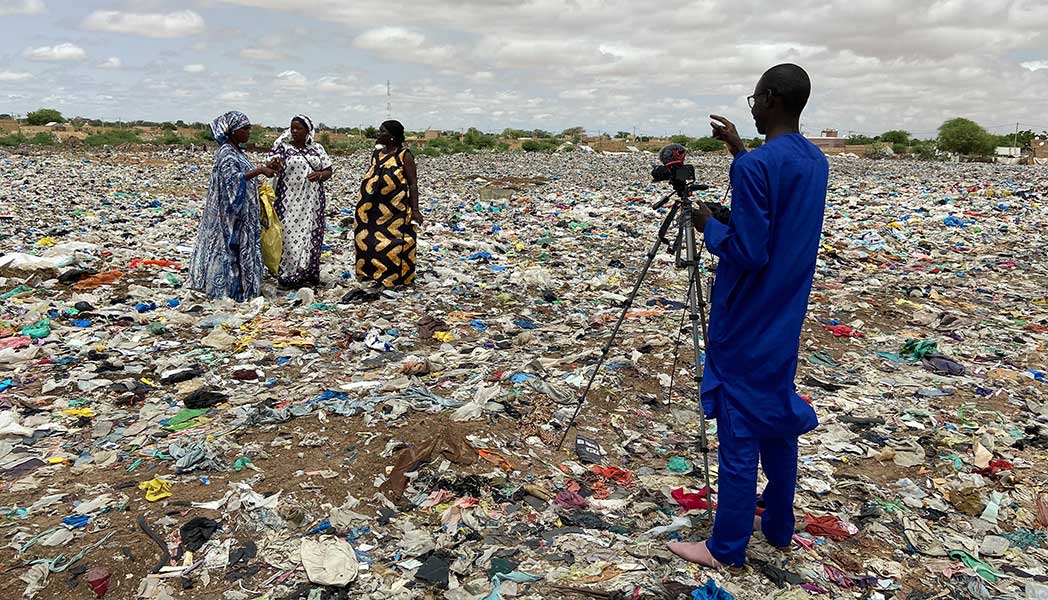
Instead of farming crops on the land surrounding the village, the community harvests metal and plastic from an ever-growing field of rubbish dumped by the authorities from nearby Louga town.
An ocean of rubbish covers the landscape, lapping up against walls of the Islamic primary school and the small houses that sit along the community’s outskirts. Women and children forage for recyclable materials among the disease-ridden waste, which they sell to buy food.
Meet the local community
Dié
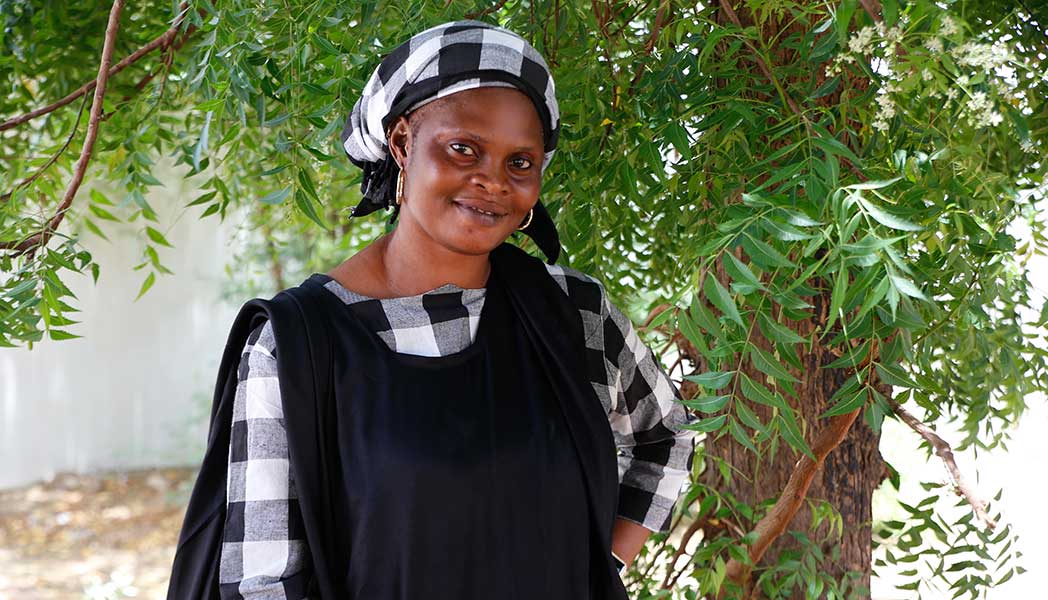
39-year-old Dié is a community health worker at Touba Séras’s health centre. She helps the head nurse to assess children for malnutrition, takes part in vaccination campaigns and raises awareness about the dangers of malnutrition in the community. She also earns an income by selling cosmetics.
Her story of hunger is told from the perspective of being a grandma. She documents what hunger means to people through generations.

